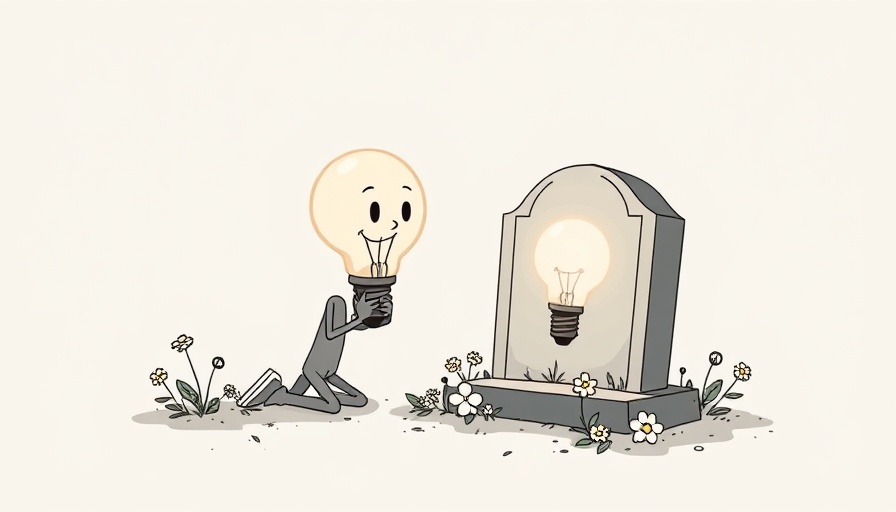
A Philosophical Journey into the Concept of Death
The topic of death is one that has captivated philosophers across centuries, yet remains deeply personal for every individual. What does it mean to die? Is death merely an end, or is it a transition to something beyond our comprehension? As we explore the rich tapestry of thoughts surrounding death, we unravel cultural beliefs, existential questions, and the profound impacts these reflections can have on our lives.
The Interconnectedness of Life and Death
Death and life are often seen as two sides of the same coin. As highlighted in the teachings of philosophers from ancient times to the modern day, understanding one necessitates a contemplation of the other. Plato's assertion that "to philosophize is to prepare for death" emphasizes that our philosophical pursuits lead us to confront the reality of our mortality. This idea resonates strongly in contemporary discussions about living authentically and meaningfully in the face of life’s inevitable end.
Insights from Historical Philosophers
Throughout history, various thinkers have tackled the essence of death. Plato viewed it as a liberation of the soul from the body, while Nietzsche encouraged us to embrace the transient nature of life, suggesting that acknowledging death can enhance our appreciation for our existence. In contrast, existential philosophers like Heidegger stressed that acknowledging our mortality shapes our entire existence, posing the question: how conscious are we of our own death?
How Rituals Shape Our Understanding of Death
The rituals we engage in surrounding death—be it funerals, memorials, or other ceremonies—reflect our attempts to cope with and understand this profound experience. They serve not just as markers of loss but as a means of honoring what has been. Yet, are these rituals a necessary aspect of dealing with the loss or merely a societal construct we adhere to? The exploration of this question can lead to deeper insights into how we process grief and celebrate life.
Contemporary Views: What Happens After We Die?
In modern philosophy, the debate about life after death continues to provoke thoughtful discourse. Many argue that the concept of an afterlife may be an illusory comfort, while others cling to the hope of a continuation beyond physical existence. The existentialists, however, challenge us to find meaning in this finite life, emphasizing that our actions here and now hold significance. How does the intrinsic uncertainty about what lies beyond death influence our daily choices?
What is the Value of Life in the Face of Mortality?
As we reflect on mortality, we are faced with critical questions: What does it mean for our lives to be finite? How can we live fulfilling lives, knowing that they inevitably end? Engaging with these inquiries encourages a richer existence—one where we cherish our connections and embrace the impermanence of our experiences. Hesitation in confronting our mortality can lead to an unexamined life, while acceptance may foster authenticity and deeper fulfillment.
Conclusion: Embracing Death as a Part of Life
Understanding death is not simply an academic endeavor; it holds the key to living more fully. By contemplating our mortality, we can learn to appreciate our life more deeply, transform our fear of dying into a celebration of living, and foster connections with others. As we navigate our own beliefs and philosophies about death, may we find the courage to embrace both the questions and the answers, ultimately leading to a life enriched by the knowledge of its impermanence.
Call to Action: Consider how your perspectives on death influence your approach to life. Engage with friends, family, or a philosophical group to discuss what death means to you, and explore its implications on how you live your life now.
 Add Row
Add Row  Add
Add 


Write A Comment